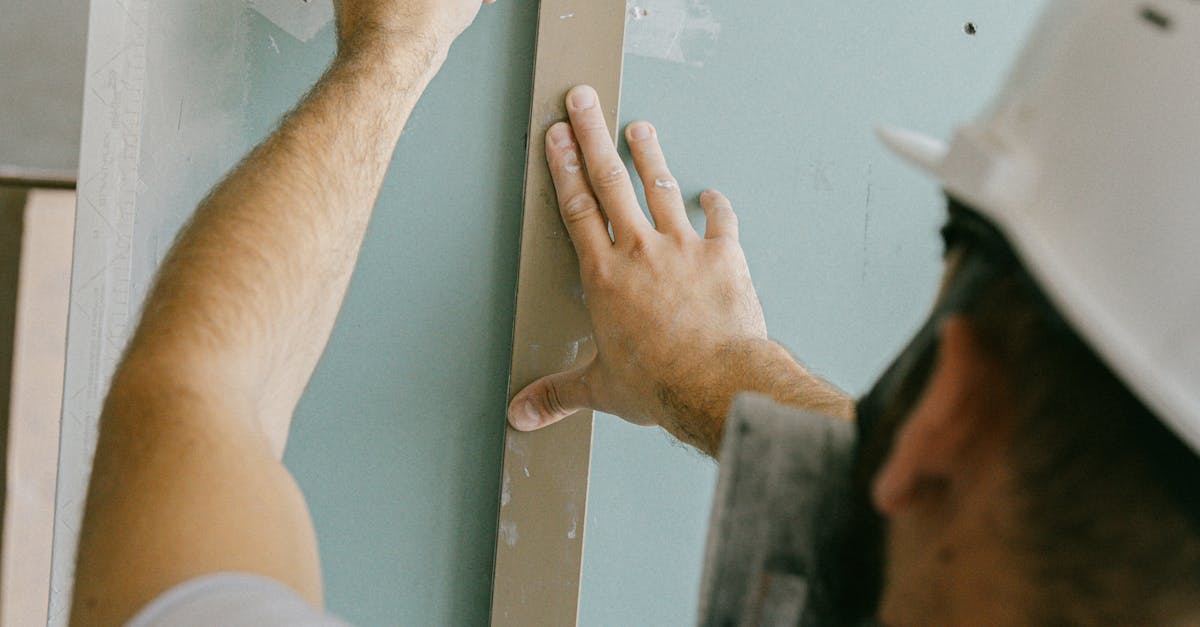
At PB Plumbing, we specialize in expert gas line installation and repair services that ensure your home operates safely and efficiently. Our skilled technicians are trained to handle both residential and commercial gas line needs, whether you're looking to install a new gas line for appliances like stoves and water heaters or require prompt repairs to fix leaks or malfunctions. We prioritize safety and compliance with all local codes, using high-quality materials and advanced techniques to deliver reliable results. Trust PB Plumbing to provide you with peace of mind, knowing that your gas line systems are in the hands of professionals dedicated to keeping your property safe and functional.
Common Gas Line Issues and Solutions
Gas line issues often manifest through various symptoms that homeowners should be aware of. A common problem is a gas leak, which can lead to serious safety hazards. Signs of a leak can include a distinct smell resembling rotten eggs or a hissing sound near the gas line. If any of these signals are detected, immediate action is required. It’s crucial to turn off the gas supply and contact a professional plumber who specializes in gas line repair. Ignoring such issues can result in dangerous situations, including fire hazards or explosions.
Another frequent issue is the buildup of scale or corrosion in old pipes, which can restrict gas flow. This situation may cause appliances to underperform or even fail to ignite. Regular maintenance can help prevent these problems. Homeowners should ensure their gas lines are inspected periodically to identify signs of wear or damage early. Updating aging infrastructure will not only enhance the safety of household operations but also contribute to the overall efficiency of gas appliances.
Troubleshooting Common Problems
Identifying issues with gas lines often begins with noticing specific symptoms. A hissing sound near the line may indicate a leak, while an unusual odor resembling rotten eggs often points to a serious problem. Additionally, fluctuations in the gas pressure can interrupt appliance functionality, leading to inefficient heating or malfunctions in gas-powered devices. Homeowners should check for visible signs of damage, like cracks or corrosion on exposed lines.
When facing these problems, safety is paramount. If a gas leak is suspected, it’s crucial to evacuate the premises and contact emergency services immediately. For less critical issues, a thorough inspection by a qualified professional can help pinpoint the exact cause. Regular maintenance can prevent many common problems, leading to safer and more efficient gas line operation. Repairing any emerging issues promptly can save homeowners both time and money in the long run.
Cost Factors for Gas Line Installation
Several factors influence the cost of gas line installation. The type of gas line material selected can significantly impact the overall price. Options such as copper, flexible stainless steel, and black iron vary in expense and durability, with some materials requiring more labor-intensive installation processes. Additionally, the complexity of the installation site, including accessibility and any necessary excavation, can further drive up costs.
Labor costs also play a crucial role in determining the final price. Hiring a licensed plumber is essential for safety and compliance with local regulations. The rate can fluctuate based on experience, region, and demand for services. Homeowners should also consider any permits or inspections that may be required by local laws, as these can add to the total expenditure.
Breakdown of Typical Expenses
The expenses associated with gas line installation and repair can vary significantly based on several factors. Labor costs are a major component, as skilled plumbers typically charge hourly rates. The complexity of the job, including the length of the lines being installed or repaired, impacts the overall labor expense. Furthermore, materials required for the project, such as pipes, fittings, and permits, contribute to the total cost.
Location can also play a role in determining the final price. Urban areas may have higher labor costs compared to rural regions. Additionally, the accessibility of the installation site influences both labor and material costs. It’s essential for homeowners to obtain multiple quotes from licensed professionals to better understand the potential expenses associated with their specific project.
How to Choose a Reliable Plumber
Selecting a trustworthy plumber requires careful consideration of several factors. Start by looking for licensed professionals who have the necessary certifications. A good plumber should provide proof of insurance which protects both the worker and the homeowner in case of accidents during repair work. Reading online reviews and testimonials can give insight into the plumber's reliability and quality of service.
Experience plays a key role in ensuring quality repair and installation. A plumber with a solid track record in handling gas line issues will likely have the expertise to diagnose problems effectively and conduct installations according to local codes. Additionally, transparent pricing is essential. Look for professionals who offer detailed estimates, ensuring there are no hidden fees after the job is completed.
Key Qualities to Look For
When searching for a reliable plumber for gas line installation or repair, experience is a critical quality to consider. An established plumbing professional should have a solid track record in handling gas line work. Certifications and licenses are essential as well, ensuring that the plumber adheres to local building codes and safety regulations. Experience often translates to a better understanding of potential issues and effective solutions.
Communication skills are equally important in selecting a plumber. A good plumber should listen to your concerns, explain the necessary services, and provide clear estimates. Prompt responses and transparency regarding pricing and procedures create trust. Additionally, a plumber who offers warranties or guarantees on their work indicates confidence in their services and a commitment to customer satisfaction.
FAQS
What are the signs of a gas leak in my home?
Common signs of a gas leak include a distinct smell similar to rotten eggs, hissing sounds near gas lines, dead or dying plants around the area, and physical symptoms like headaches or dizziness.
How much does it typically cost to install a new gas line?
The cost to install a new gas line can vary significantly based on factors such as the length of the line, local labor rates, and any necessary permits, but it generally ranges from $500 to $2,000.
Can I repair a gas line myself?
It is highly discouraged to attempt gas line repairs on your own due to the risks involved, including potential explosions or fire hazards. Always consult a licensed professional for gas line repairs.
What qualifications should I look for in a plumber for gas line installation?
Look for a plumber who is licensed, experienced in gas line work, has proper insurance, and can provide references or reviews from previous clients.
How often should I have my gas lines inspected?
It is recommended to have your gas lines inspected at least once every few years, or more frequently if you notice any signs of wear, leaks, or other issues. Regular inspections can help prevent serious safety hazards.


